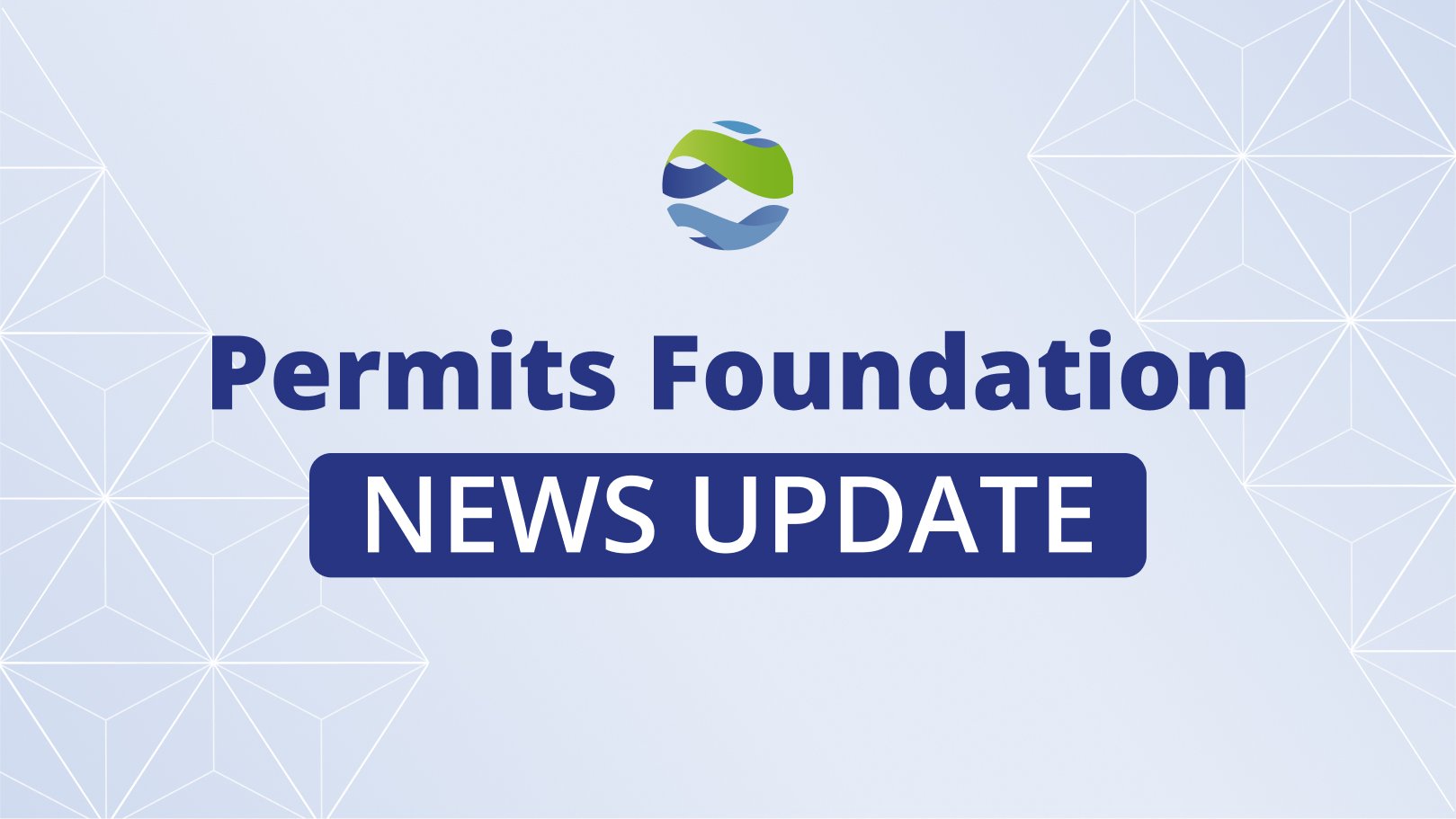In this 20th anniversary year for Permits Foundation, current and founding Directors Helen Frew and Katy van der Wilk-Carlton take the long view on the issue of dependent employment authorization in the US and how making work access incident to status, in line with globally established practice, would help to address backlogs, delays and potential talent loss.
On July 13th, the House Judiciary Committee held a Hearing “How Outdated U.S. Immigration Policies Push Top Talent to Other Countries” addressing the inflexibilities in the current system, persistent backlogs and projected skills gaps. Given the complexities around immigration reform in the U.S., it might seem that there are no simple solutions – but maybe there are.
Numerous international studies have found that a key factor affecting the success of a global assignment is concern about career of the accompanying partner. This issue was recognized two decades ago when in 2002, President Bush signed into law two bills to provide work authorization for accompanying spouses of intra-company transferees and treaty traders and investors (L and E visas). It was a common sense policy to attract needed skills and talent to the U.S. economy, recognizing genuine needs of international families, and the bill quickly got cross-party support in both houses of Congress. When the bill was adopted, the U.S. was one of a handful of countries in the vanguard of a trend to allow spouses to work. Twenty years later, it has fallen seriously behind other countries responding to this issue in the competition for talent.
Over thirty countries worldwide now allow the recognized family members of intra-company transferees and other categories of highly skilled employees to work. And they almost all administer this directly, incident to the visa status, without requiring a separate application process. Family members (spouses, partners and working age children) of permitted categories of skilled mobile employees can look for work as soon as they have completed their arrival or residence formalities. In most countries, they are issued with a plastic card which shows their visa status, employment permission and end date.
However, unlike a host of global competitors, the U.S. process for eligible dependents to receive work authorization is far from straightforward. After arrival, L or E spouses wishing to work face the additional thorny step of having to apply for an employment authorization document (EAD).The procedure which was meant to be predictable looks very different now. Applicants who navigate the 7-page form and 31 pages of accompanying instruction face waiting times that have increased significantly in recent years. Currently, it is taking up to 13 months for an initial EAD to be issued. In many cases, the procedure also ensnares those simply needing an extension. Some spouses have lost their jobs waiting. This is not the welcome mat that it was intended to be. Things are getting worse under the added weight of the pandemic. Dual careers couples want to know pre-move that they can both access work, and employing companies are calling for assurance and certainty.
If this seems like a head scratcher, it needn’t be. The law already specifies that L and E spouses shall be authorized to engage in employment and provided with an ”employment authorized” endorsement or other work permit. Yet this could be easily achieved via the regular visa and arrival procedures and security checks which also verify that the person is the spouse of an eligible L or E visa holder. It brings the added benefit of avoiding duplication and with minimal cost as most families apply together and arrive at the same time. The admission document (I-94) issued by the DHS Customs and Border staff could be stamped with the spouse visa category and ”employment authorized”. And as this article by Angelo Paparelli Partner in Seyfarth Shaw LLP shows, the transition could be quickly managed via a USCIS policy memorandum and later by updating the regulation.
Looking ahead, once a new procedure is successfully embedded for L and E spouses, consideration could be given to adopting a similar approach for other categories and recognized family members. The regulation change would be minimal and employers could check endorsements though the E-Verify system.
Around the world, countries are continually streamlining their processes in recognition of the demographic challenges they are about to face and in appreciation of the modern workforce and the importance of employment to family integration, health and wellbeing. We have an opportunity for the U.S. to do the same. The solution is ready and can be activated easily. Allow L or E visa holders to file together with their dependents as a family, grant decisions at the same time and confirm employment authorisation incident to their status via a stamp on the passport or admission document, linked to the duration of the principal applicant’s visa. What a huge signal it would give to companies and other countries that the U.S. means business.
In this 20th anniversary year for Permits Foundation, this article is written by current Director Helen Frew and founding Director Katy van der Wilk-Carlton. With thanks to Greg Siskind.
Permits Foundation is an international not-for-profit corporate initiative. The Foundation advocates worldwide for legislative change to enable direct work authorization for dependents of highly-skilled mobile employees. Most of the Foundation’s sponsors operate in the US. Enabling direct employment access for dependents of mobile employees is one of the recommendations made in the Foundation’s position paper on immigration reform.
